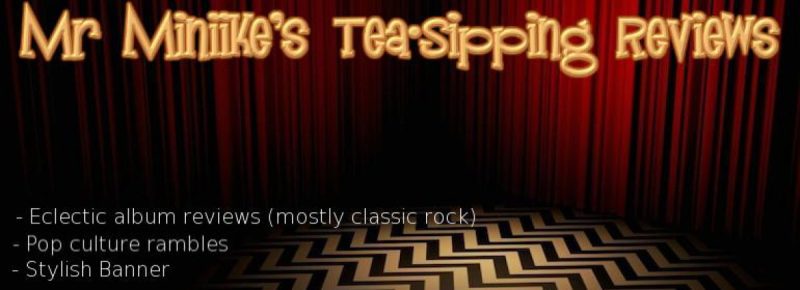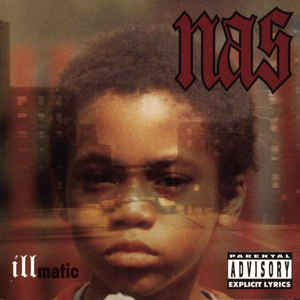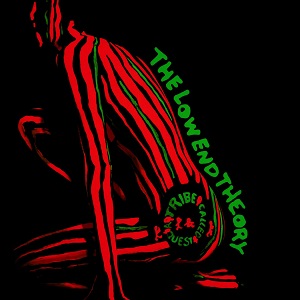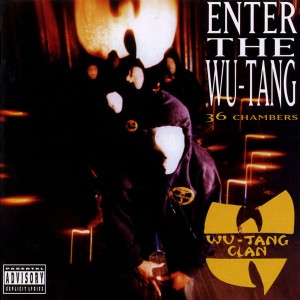HIP HOP WEEK FINALE
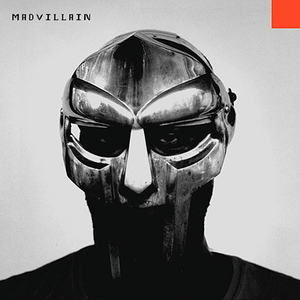
Yup. Still don’t understand hip-hop.
Thankfully, I can at least have fun not understanding it, and Madvilliany is nothing if not several barges of fun. It’s got a bit of a sinister stigma, what with the title and the cover and the mystique that surrounds it (being the only collaboration between Madlib and DOOM), but the overall effect is so joyfully goofy and chaotic that it might fittingly be called the hip-hop version of Trout Mask Replica. That’s coming from someone who has no frame of reference in hip-hop, by the way, so you should probably take it with as many grains of salt as you can shake out of that horrible shaker with the sticky holes where you always have to yank it around for ten minutes to get any reasonable amount of seasoning and everyone in the entire restaurant knows about it but has never bothered to replace it even though you’re pretty sure they can spare the…sorry, what’s this blog about? Oh right, music.
Madvilliany is the most well-known example of abstract hip hop, which from what I can tell is da HOOD version of psychedelia. Basically everything about it is, if not original, at least unconventional. It features twenty-two songs, only a few of which exceed three minutes. These songs largely throw out the verse-hook-verse structure altogether, instead focusing on making one or two nonstop stream-of-consciousness flows. The writing is extremely effective, contrasting surreal nonsense with sharp observations and DOOM’s low, gravelly, threatening flow. He plays the part of the cartoony supervillain but with a dusting of dirty hip-hop stuff very well, and his central presence alone is enough to make the album an incredibly fun listen.
Let’s not forget about Madlib! His production is entertaining, disjointed, sporadic, and incredibly memorable in its deliberate chaos. Little touches like both sound channels being activated on the word “stereo” or the completely out of place intro to “Meat Grinder” add to the album’s insane, comical character. His high-pitched alter ego Quasimodo doesn’t deliver many verses, but they’re all highlights.
As for favorites, the highlight for me is “Shadows of Tomorrow”, one of those universal time deconstructions that it’s probably best not to think about too hard. The hypnotically jarring production makes for an almost out-of-body listening experience when combined with the vocals and lyrics. That’s the first song in an unstoppable trilogy near the end. “Operation Lifesaver aka Mint Test” is absolutely hilarious and “Figaro” features some of the most fun rhymes on the album.
Generally, every song is at least good. Sorry that this review is extremely short and light on details, but this ain’t an easy album to describe. It really is best summed up by “if you haven’t listened to this you should do that”, and that’s pretty much it.
Music: 5/5
Thematic Content: 5/5
Lyricism: 5/5
Diversity: 4/5
Resonance: 4/5
Experience: Pretty much what would happen if a rapper happened to be a supervillain. Good thing he has a sense of humor, or else he’d actually be dangerous.
10/10. Best Song: Shadows of Tomorrow
